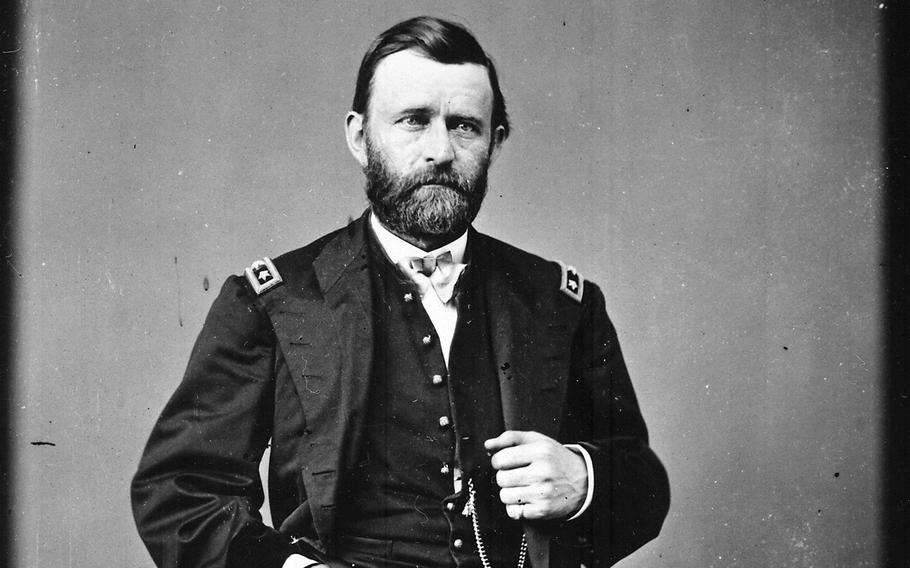
Ulysses S Grant
Grant was a legendary soldier who led the Union army through its most challenging battles. Additionally, as President he made it his mission to protect formerly enslaved African Americans in the South.
Following the Civil War, Grant returned to civilian life but faced many financial struggles. To support his family, he tried a variety of jobs before re-establishing their business in Galena, Illinois.
Ulysses S. Grant
General Ulysses S. Grant became a legendary figure during the Civil War. He was an officer who won many significant battles and helped bring an end to hostilities in April 1865.
Grant graduated from the United States Military Academy at West Point in 1843, and immediately entered service as an officer in the army. During General Zachary Taylor’s Mexican War (1846-1848), he earned two citations for gallantry.
In 1861, the Civil War broke out and Grant offered to serve. Though initially rejected for duty, his Illinois Congressman helped secure him command of an unruly 21st Illinois volunteer regiment which he quickly organized and disciplined.
Grant’s first major victory came in February 1862, when he captured Fort Donelson – an important fortification near the Tennessee River that had strategic importance to the Confederacy. This feat earned him the nickname “Unconditional Surrender Grant.”
President of the United States
Grant was the first President of the United States and served eight years in office. Although popular among Americans, his presidency also saw several scandals and accusations of corruption during his tenure.
Grant’s reputation was cemented and he went on to gain an unprecedented second term in 1872, thanks largely to African Americans who saw Grant as a hero.
Grant was president when he championed Civil Rights and the 15th Amendment to the Constitution. He created and signed legislation that guaranteed African American voting rights.
His administration made greater strides toward reforming civil service than any other president had, creating the first Civil Service Commission.
Grant spearheaded a campaign against racial violence perpetrated by the Ku Klux Klan during Reconstruction. He advocated for civil rights and the 15th Amendment, which outlawed slavery, as well as supporting military force as an effective means of protecting black citizens.
The Civil War
The Civil War was the most devastating conflict in American history. It left the South economically devastated and led to the criminalization of slavery.
On April 12th 1861, Confederate troops opened fire on Fort Sumter in Charleston, South Carolina. Within two days of intense bombardment, Major Robert Anderson – commanding officer of the fort – surrendered.
Within weeks, four more Southern states joined the Confederacy: Virginia, Arkansas, North Carolina and Tennessee.
In May 1861, Virginian Thomas “Stonewall” Jackson and Confederate General Robert E. Lee engaged in a fierce two-week battle around Spotsylvania Courthouse before proceeding to North Anna.
By 1865, Union and Confederate forces had engaged in battle along a line spanning 1200 miles from Virginia to Missouri. While the Union ultimately prevailed, the conflict had profound effects on America; it reorganized the federal government, created an internal revenue bureau, drafted men into the army, and abolished slavery.
Yellowstone National Park
On March 1, 1872, President Ulysses S Grant signed the Yellowstone National Park Protection Act into law, creating America’s first national park and setting the course for today’s National Park Service.
Yellowstone National Park, situated in Wyoming, Montana and Idaho, is one of the largest and most diverse natural areas on Earth. Covering 2.2 million acres with forests, lakes and canyons, it’s home to an array of wildlife such as grizzly bears, bison, wolves and elk.
Yellowstone National Park is renowned for its geothermal features, such as the world’s highest concentration of geysers and some of the world’s most spectacular hot springs. Additionally, Yellowstone boasts numerous rivers and streams.
